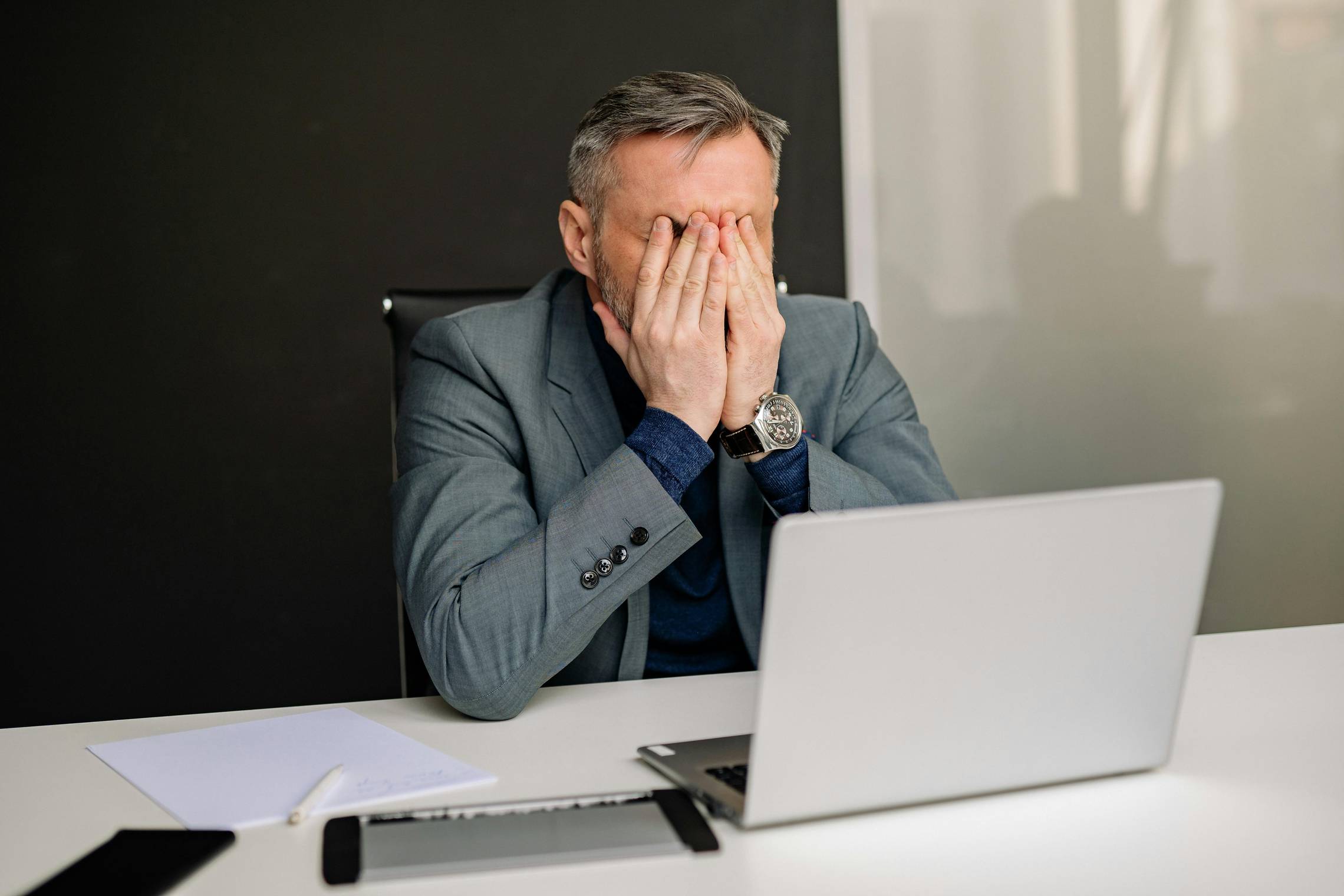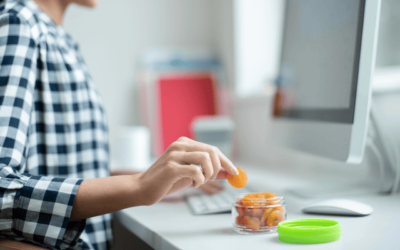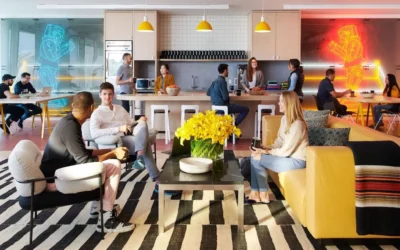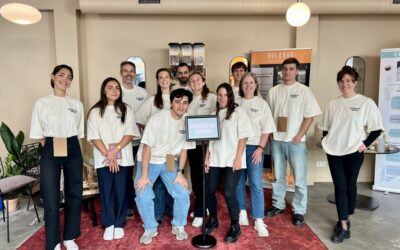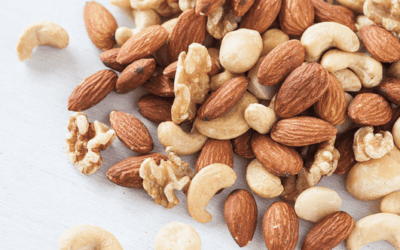Between 3 and 4 p.m., many employees feel their energy dip. Concentration drops, eyelids get heavy, and sugar cravings kick in: the infamous afternoon energy slump, or workplace fatigue. This common phenomenon is often brushed aside, yet it reveals a real imbalance in how we approach work, sleep, stress, and lifestyle.
The world moves faster, crises pile up, and the boundary between work and personal life keeps fading. Taking care of your energy levels is no longer a luxury. It’s a necessity. And it starts with something as simple as a well-designed breaks.
From daily symptom to constant state
Fatigue is now one of the top reasons people see a doctor in France. It reflects the tension between modern work demands and our physical and mental limits. It often shows up mid-afternoon, when the circadian rhythm naturally slows down and the effects of lunch or poor sleep catch up with us.
Too often, we ignore these signals. Another coffee, a sugary snack, one more meeting. We push through and silence what our body is trying to say. Over time, fatigue becomes chronic. It can lead to more serious issues like body pain, weakened immunity, sleep disorders, or even depression.
Chronic fatigue: an underestimated societal issue
Chronic Fatigue Syndrome (CFS), also called myalgic encephalomyelitis, is still poorly understood and underdiagnosed. But beyond the diagnosed cases, many people live with constant fatigue that lacks a name. It impacts their productivity, mood, and personal and professional lives.
Neuroscience and behavioral medicine agree: fatigue can’t be cured by rest alone. It requires a holistic approach: nutrition, physical activity, stress management, and a fresh perspective on how we work.
Rethinking work for better well-being
The human brain isn’t built to focus non-stop for eight hours. Cognitive science shows that attention drops sharply after 90 minutes of continuous concentration. Add in multitasking, meetings, and constant notifications, and mental overload becomes inevitable. This day-to-day pressure slowly drains employees.
In this context, a break around 4 p.m. isn’t a weakness. It’s a performance tool. When done right — not too long, not too distracting — it helps reboot brain activity, reduce errors, and offer a pause in a pace that’s often driven by urgency.
The key role of nutrition
The solution to the afternoon crash doesn’t lie in another espresso or a sugary fix. It comes from a lifestyle that supports steady energy, starting with healthy office snacks.
Recent public health studies confirm it: snacks rich in fiber, plant-based protein, and healthy fats improve cognitive performance over time. Nuts, seeds, dried fruit, and natural granola provide lasting satisfaction. They release energy slowly, helping maintain focus and avoid sudden drops in energy.
At a company level, these small daily habits lead to better mood, better health, and better productivity among teams.
Stress, sleep, energy: a fragile cycle
Stress quietly fuels chronic fatigue. Poorly managed, it disrupts sleep, increases inflammation, impairs memory, and leads to repeated mistakes. Ironically, it’s often in times of high stress that we ignore fatigue the most.
That’s where companies can step in. By offering built-in moments to breathe during the workday, they take meaningful action against disabling fatigue. A well-timed break is not just prevention, it’s recognition. Yes, the body needs time to recover. Yes, people perform better when they feel well.
Fatigue is not just an individual issue
Workplace fatigue isn’t just a personal problem, it’s systemic. It affects managers and students, healthcare workers and office staff alike. It’s amplified by health crises, irregular schedules, screens everywhere, and nonstop information.
That’s why every company should rethink its relationship to performance. Supporting employee well-being means paying attention to subtle signals: absenteeism, disengagement, emotional burnout.
Often, it’s the small changes that have the biggest impact: more flexible break policies, access to healthy office snacks, reminders to move or hydrate, and more awareness about how the body and brain function.
A culture of self-care, even at work
Mental health is now a central issue. Rethinking our routines, our micro-gestures, and our breaks is an act of collective responsibility. Taking care of yourself at work also means taking better care of others. A team that feels rested, balanced, and heard is more resilient, more creative, and more engaged.
Today, real and accessible solutions exist: tools to monitor work rhythms, awareness campaigns, manager training, better break areas. This isn’t a revolution. It’s an evolution toward a more human and sustainable workplace culture.
Published on 01/09/2025
